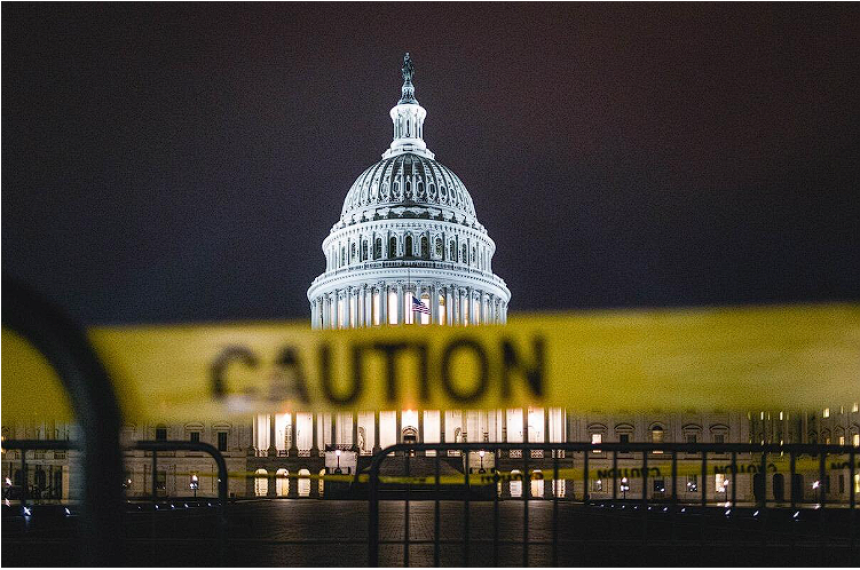The Looming Catastrophe
Economic Collapse Threatens 10 Nations by 2025
In a world rocked by relentless economic turbulence, the specter of imminent collapse looms large over several nations. As we inch closer to the fateful year 2025, 10 countries find themselves teetering on the edge of a precipice, their fragile economies hanging by a thread. Brace yourself for the impending disaster:
- Venezuela: Once hailed as an economic powerhouse, this oil-rich nation now faces a perilous downward spiral, crippled by hyperinflation, widespread corruption, and a failing socialist regime.
- Lebanon: Facing one of the world's highest debt-to-GDP ratios, Lebanon is plagued by political paralysis, dwindling foreign reserves, and social unrest. Its future hangs in the balance.
- Argentina: A history of economic crises haunts Argentina, as debt burdens skyrocket, inflation soars, and poverty sows seeds of anguish. Is the nation destined for an inescapable abyss?
- South Africa: Persistent corruption, sluggish economic growth, and mounting public debt have pushed Africa's second-largest economy closer to a catastrophic collapse, which could unravel decades of progress.
- Nigeria: Hindered by deep-rooted corruption, weak infrastructure, and over-reliance on oil, Africa's largest economy faces a grim future as dwindling revenues and unemployment threaten to plunge the country into chaos.
- Italy: Captured in a perpetual cycle of high public debt, political instability, and sluggish growth, Italy remains at the brink of a financial abyss that could reverberate through the Eurozone.
- Greece: Struggling under the weight of austerity measures and stifled economic growth, Greece weathers an enduring economic crisis, foreseeing a future defined by insurmountable debt and social despair.
- Turkey: Political volatility, mounting external debt, and a deteriorating currency signal a turbulent path for Turkey. The potential fallout could not only destabilize the nation itself but also have global ramifications.
- Egypt: A ticking time bomb of overpopulation, high unemployment rates, and limited resources heighten the risk of economic collapse in Egypt, endangering its status as a geopolitical linchpin.
- Spain: Lingering consequences from the 2008 financial crisis continue to haunt Spain's economy. Escalating public debt, unemployment, and regional separatist movements tip the scales towards a potential disaster.
These nations now stand at the edge of an economic abyss, grappling with dire circumstances that threaten their stability, the well-being of their citizens, and potentially, global economic stability. It is imperative for the international community and these nations' leaders alike to address these challenges head-on, for the consequences of their failure are poised to reshape the world as we know it.
Article Source ;WowzaTV.network
Video Source: https://www.youtube.com/watch?v=tJCShJyMUFU





